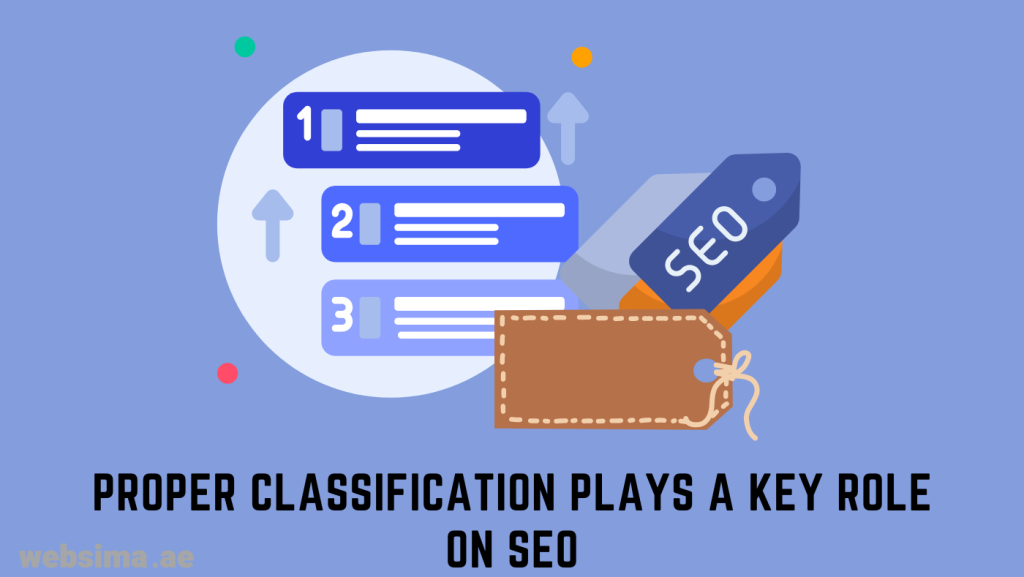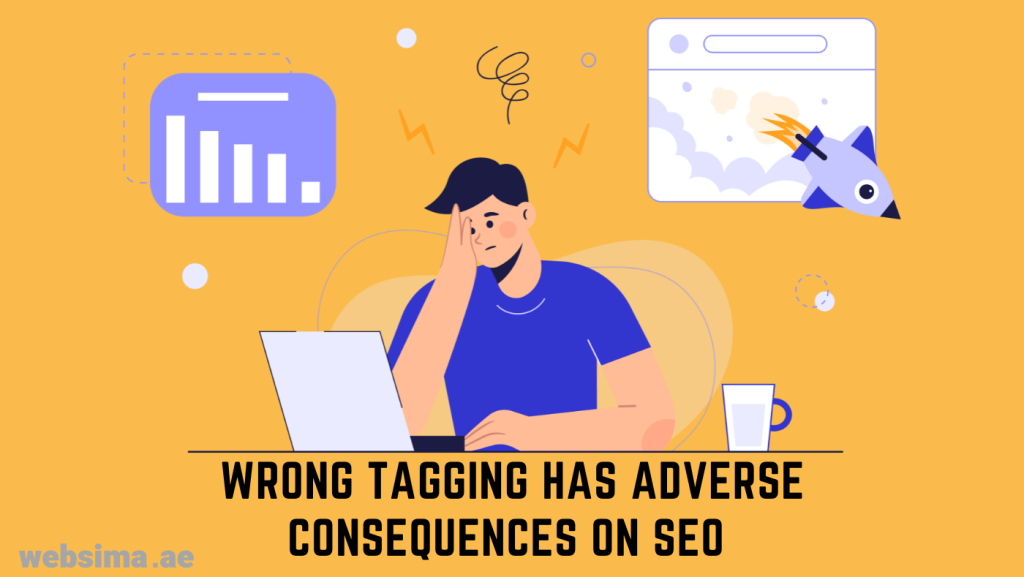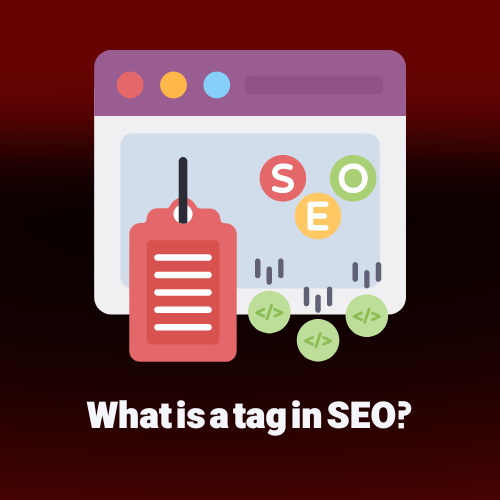Proper classification plays a key role on SEO
Proper classification plays a vital role on user experience and consequently on your SEO performance. It goes without saying that internet users are now after convenience, when they want to look for a piece of information or a product online. An appropriate classification, helps them not to get lost in your website and go straight to where they want to go!

Categorization VS Tagging
In the website design phase, based on the type of your website, a few categories must be designed for your contents. Categories are best used for grouping a broader range of products or contents. To dive deeper and provide more detailed classifications, tagging is the tool that helps your contents to be more classified and easily accessible.
Different types of tags
There are quite a few types of tag out there. However, we have listed the most important ones here for you to become more familiar with the topic.
-
Title Tags
Title tags clearly define what the webpage is all about. They are the first thing that appear on SERPs and make users understand whether the webpage is relevant to what they are looking for.
2. Meta Description Tags
Meta description tags sit under title tags on SERPs and provide more detailed information(Normally up to 160 words) for users about the content that they would find in the webpage. A good meta description tag is capable of increasing the CTR.
3. Heading Tags
Heading tags outline the headlines within a content. These types of tags help search engines to better understand the webpage content and users to digest the text easier and in some cases, go straight to the section that they are looking for.
4. Canonical Tags
There are situations in which a particular web page exists under multiple URLs. Canonical tags are utilized to tell search engines which URL is considered as the main one and must be indexed by the search engine.
5. Schema Tags
At last schema tags that are best used for organizing data, information and content within your webpages. Smartly chosen keywords are used to make a webpage more meaningful to search engines and users by providing detailed information through schema tags.
Tagging Benefits for SEO
The most important benefit associated with proper tagging is its positive impact on SEO. An appropriately structured tagging improves user experience by making it easy for them to find what they are after. In addition, Google crawlers would be able to understand the webpage content more precisely, so better rank is expected, when professional tagging is in place.
Tagging; Dos and Don’ts
-
Keep it as short as possible
Using long sentences as tags doesn’t work well from an SEO point of view. You must squeeze the whole content into a few meaningful phrases.
2. Use the minimum number of tags possible for a single content.
Using too many tags would not only confuse your visitors by bringing many webpages up, but also makes Google crawlers spend less time on your targeted web pages. Hence, try to use the minimum number of tags possible.
3. Use same tags that have been used before, where possible
The best approach is to identify your visitors’ preferences and create some keyword tags accordingly. Once a content is about to be published, use some of the previously chosen tags based on the subject that is being discussed in that specific content.
4. Never use categories name as tags
Using the categories’ name as tags would negatively impact your SEO, as it makes things complicated for users and search engines. Therefore, you must always make sure that the tag names are different from the categories’ names.
Wrong tagging impacts on SEO

There are some serious negative consequences associated with unprofessional tagging that must be considered carefully.
Duplicate contents, cannibalization and zombie pages are just a few out many adverse consequences that wrong tagging would cause for your SEO.
That is why tagging and categorization are a vital part of a professional SEO service and Web Design service in Dubai, as a very competitive market and also in other parts of the world.
Build your website as classified as possible
It doesn’t matter if you plan to design a complicated ecommerce website or you need a simple corporate website, the more organized your website is designed, the better rank is expected from a SEO point of view. There are quite a few professional web design company in Dubai that you can work with, in order to build your website well-organized by adding appropriate categories to your website. We would like to inform you in advance that the price of web design in Dubai is relatively high, however if it comes from a reputable company ,it will be compensated by great conversion you will receive in the future. Besides, considering the important impacts that tagging would have on your website’s SEO, it is again highly recommended to look for a professional SEO company in Dubai, to rest assured that your SEO plan includes a proper tagging structure as well as other important factors.
Final Words
To improve your website positioning in major search engines like Google, you must be patient, consistent and persistent. In order to help you with such a challenging task, Websima DMCC is always here to help. If you need help to design a new website or even improve your website or alternatively, if you are in need of a professional SEO plan, do not hesitate to contact us to book for a free consultation meeting with our talented team. We will discuss your needs and get back to you with a solution that suits your needs best.





